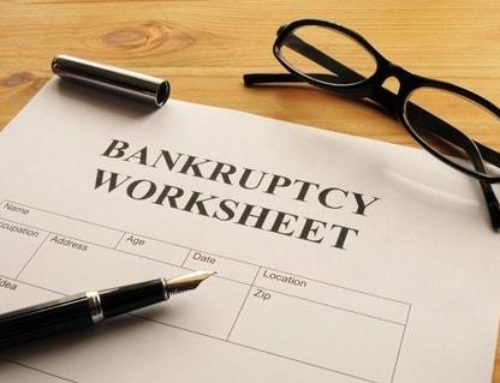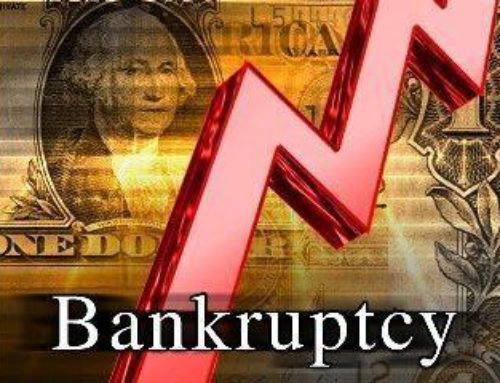 Bankruptcy is a tool for helping people recover from overwhelming debt. It is a complicated tool, though. To help you understand your options better, let’s clear up some of most confusing myths about bankruptcy. We’ve already debunked three common bankruptcy myths:
Bankruptcy is a tool for helping people recover from overwhelming debt. It is a complicated tool, though. To help you understand your options better, let’s clear up some of most confusing myths about bankruptcy. We’ve already debunked three common bankruptcy myths:
- People who file for bankruptcy are reckless spenders
- All debts will be discharged when you file for bankruptcy
- Filing for bankruptcy will damage your credit permanently
Here are a few more related bankruptcy myths:
1. Bankruptcy will fix your credit, so you can start with a clean slate.
As we said in our previous post, bankruptcy will not destroy your credit forever. However, your credit will be affected. The Fair Credit Reporting Act allows the reporting of a bankruptcy filing for 10 years.
While it will be possible for you to get credit during those 10 years, lenders and landlords will know about the bankruptcy and consider it when deciding whether to offer you credit, how much to offer, and how much interest to charge. Still, declaring bankruptcy may be better for your credit, overall, than staying in a situation with overwhelming debt.
To find out if it is the best solution for you, you’ll need to discuss the specifics of your situation with a lawyer who specializes in bankruptcies.
2. Going bankrupt means losing everything you own.
Many people believe the term “bankruptcy” means losing everything. Not so. When you file for bankruptcy, the law lets you keep the basic assets it deems necessary for your day-to-day life, and to make a new start. Retirment funds, such as 401Ks, IRAs, and pension plans are usually protected, too. You may even be able to keep a house or car that you owe money on.
How will you know how much you’ll be able to keep? The court will review your assets and your needs, and make a determination based on your unique situation. Again, you should discuss the details with your lawyer. A good bankruptcy lawyer will help you to figure out what you’ll be able to keep if you file, and what, if anything, you’ll have to give up.
3. Bankruptcy encourages people to spend like crazy, knowing they won’t have to pay their bills.
To clear up this misconception, Bankrate.com’s post on bankruptcy myths put it best: “That’s called fraud and bankruptcy judges can get really cranky about it.” This myth is related to the inaccurate belief that people who file for bankruptcy are reckless, immoral, or incompetent.
Bankruptcy does not protect frauds, embezzlers, or other criminals who take out loans they never intend to repay. Bankruptcy protection is for regular people who take business or investment risks, who have major medical expenses, who are out of work for a while, or who fall on other hard times, and need help to make a fresh start. It may be for you.
If your financial situation is overwhelming right now, consult with one of our expert bankruptcy lawyers to find out what your options are. Bankruptcy can be the tool that makes it possible for you to start again. Your greatest success may be ahead of you, too.











